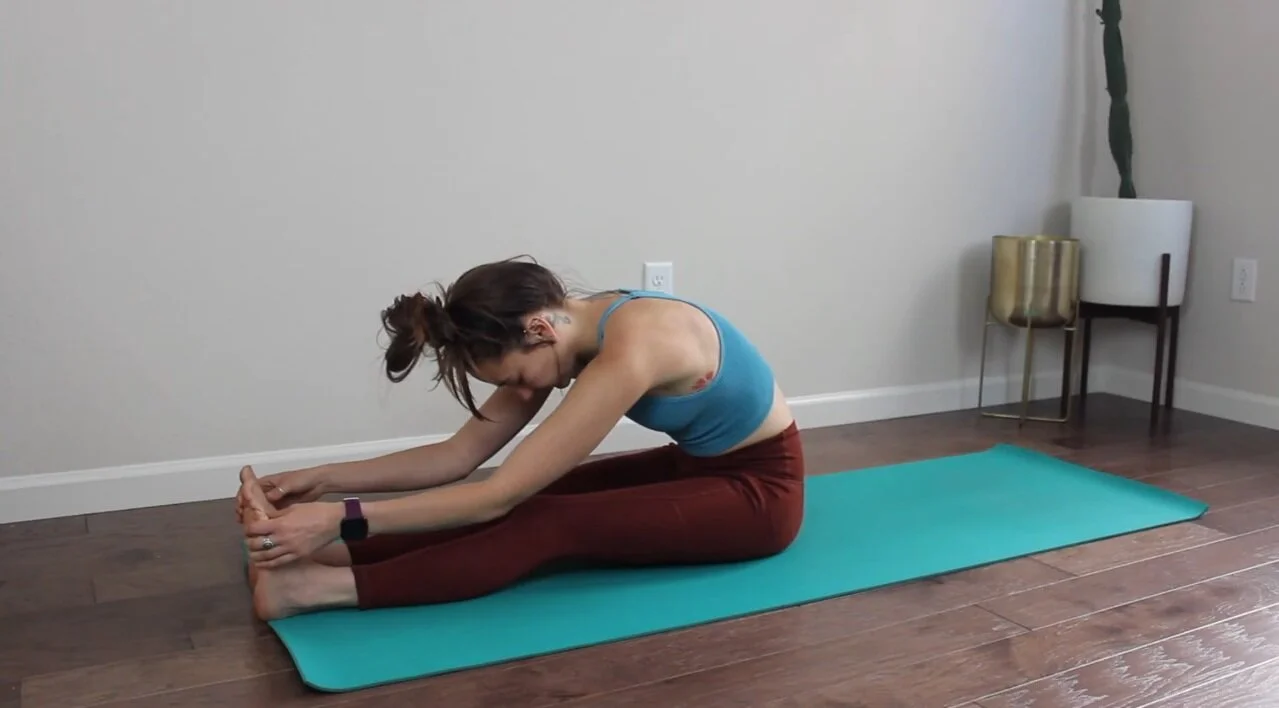How Affirmations Affect Your Brain
If you have ever taken one of my yoga classes you know that I use intention and affirmations frequently to help guide the theme of your practice. This has been a guiding force for my own yoga practice when I started in 2007. Fascinated by neurosculpting and how our subconscious minds create our world, I dove into the waters this weekend to discover how affirmations affect our brains. Lets get to the details…
What is an affirmation?
It is a statement use to affect our conscious and subconscious mind. In the context we are going to discuss today, positive affirmations are used as tools to help combat negative thoughts and emotions, create lasting change in our neural network, and assist in reframing beliefs about ourselves or situations that surround us.
It is important to note that we use positive phrases when we start using affirmations. If you were to use the phrase “I don’t want to be a failure,” your brain will focus on “failure” using the negativity bias. We could instead use “I am successful.” Studies have also shown using future oriented phrases are more effective than past tense.
To read more about phrasing if you have found that positive affirmations have sometimes made you feel worse, check out this article.
Parts of the Self Affirmation Theory (Steele, 1988)
We are capable of having a flexible narrative about ourselves allowing us to adapt and change. In general, people want to protect their self-identity. We want to feel and be seen as functional, moral, members of society. We are able to adapt the view we have of ourselves and keep our self-integrity strong when our views are being challenged.
Self-integrity is not about being perfect. If we can be flexible in beliefs and actions, find value in the knowledge we do have, and consistently show up with our morals guiding us, then we will maintain integrity and identity. Affirmations help us broaden our perspectives we use to interpret what is going on around us.
This is your brain on an affirmation.
Ok, so we say positive affirmations to ourself daily, how does it all work? The ventromedial prefrontal cortex (that’s a mouthful huh?)—involved in positive valuation and self-related information processing—becomes more active when we use positive affirmation. Studies have shown increased self-related processing can help with emotional pain, negative or threatening information. This part of the brain is also involved with rewards/pleasurable experiences! Cool huh?
Neurons connect in your brain by connecting thoughts and memory. Thoughts form a neural-net. I have always heard these explained kind of like a river bed in the brain. The more the water (thoughts) flow down that riverbed, the deeper the groove and the easier it is to use that pathway. The more we can use positive affirmations, the more positive neural-nets we can create in place of the negative neural-nets we have created.
Thank you for reading along!
♥Love it? Share this post. ♥
Want to join my online studio?
Don’t miss monthly themed journaling and affirmations, an archive of yoga classes, & 1:1 coaching.












